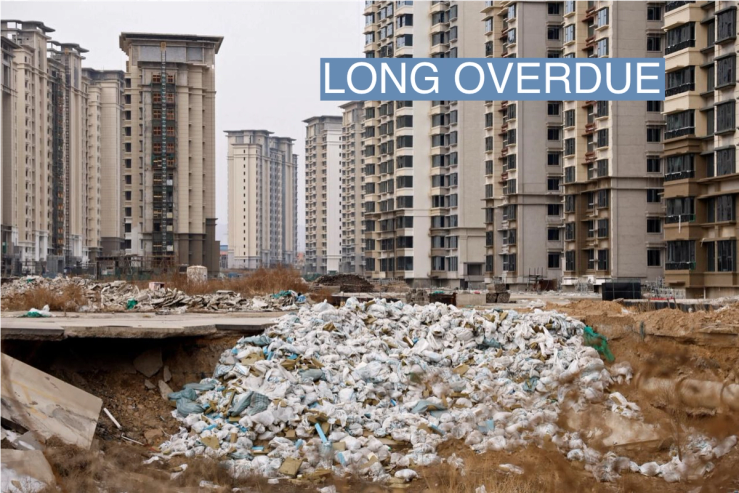The News
Chinese economists are urging the government to reform hukou — an archaic residency registration system set up decades ago under Mao to stop the mass migration of rural Chinese into cities.
Several cities have already made changes to the system to make it easier for migrant workers to bring their families to cities and access social services there.
Under the hukou system, people are limited to receiving social benefits, like healthcare and education, depending on the locality they are registered to live in, a policy that has left residents living in rural areas disenfranchised. The program is highly unpopular and has forced migrant workers to make the choice to leave children and family behind with relatives to work in the cities for higher wages.
SIGNALS
Hukou reform could avert negative societal consequences
The residency system means millions of migrant parents leave their children with relatives at home while they work in cities, but researchers are worried this could have unforeseen long-term societal consequences for future generations, according to China newsletter The East is Read. Economists at Peking University found “left-behind” children have a slightly higher chance of committing a crime in adulthood if just one parent is a migrant worker, and a 12.1% higher chance of gambling. While the hukou system may seem to have no “immediate effects,” the researchers said, “these issues can manifest through increased criminal behavior, affecting society over the long term.”
Hukou reforms could aid economic recovery
China’s economic woes stem in part from a population unwilling to spend on consumer goods, and reforming the hukou system could “unleash more than $281.1 billion in consumption,” according to one economist who advises China’s central bank. Migrant workers could see their spending power increase by 30% due to the significant improvements to their social safety net that city residency would bring, he said. China’s major cities also have “space for improvement in terms of growth capacity” as the country’s overall population declines, the South China Morning Post reported, and hukou reform could mean “urbanization might be completed before 2035,” according to one economist.
China’s property crisis needs a fix
Debt-ridden Chinese real-estate developers like Evergrande have left behind millions of unoccupied buildings, and Beijing has considered city-specific hukou reforms to reduce the inventory of housing there. “The idea that population is a resource rather than a burden” is starting to guide authorities’ residency policies, one analyst wrote for the National Strategy, a WeChat economics blog. But hukou reforms may not be enough to fix the housing crisis because “once [registration] is open to everyone, it will quickly lose its value,” the analyst said, especially if migrant workers try to apply for registration in first-tier cities like Shanghai and Beijing.



